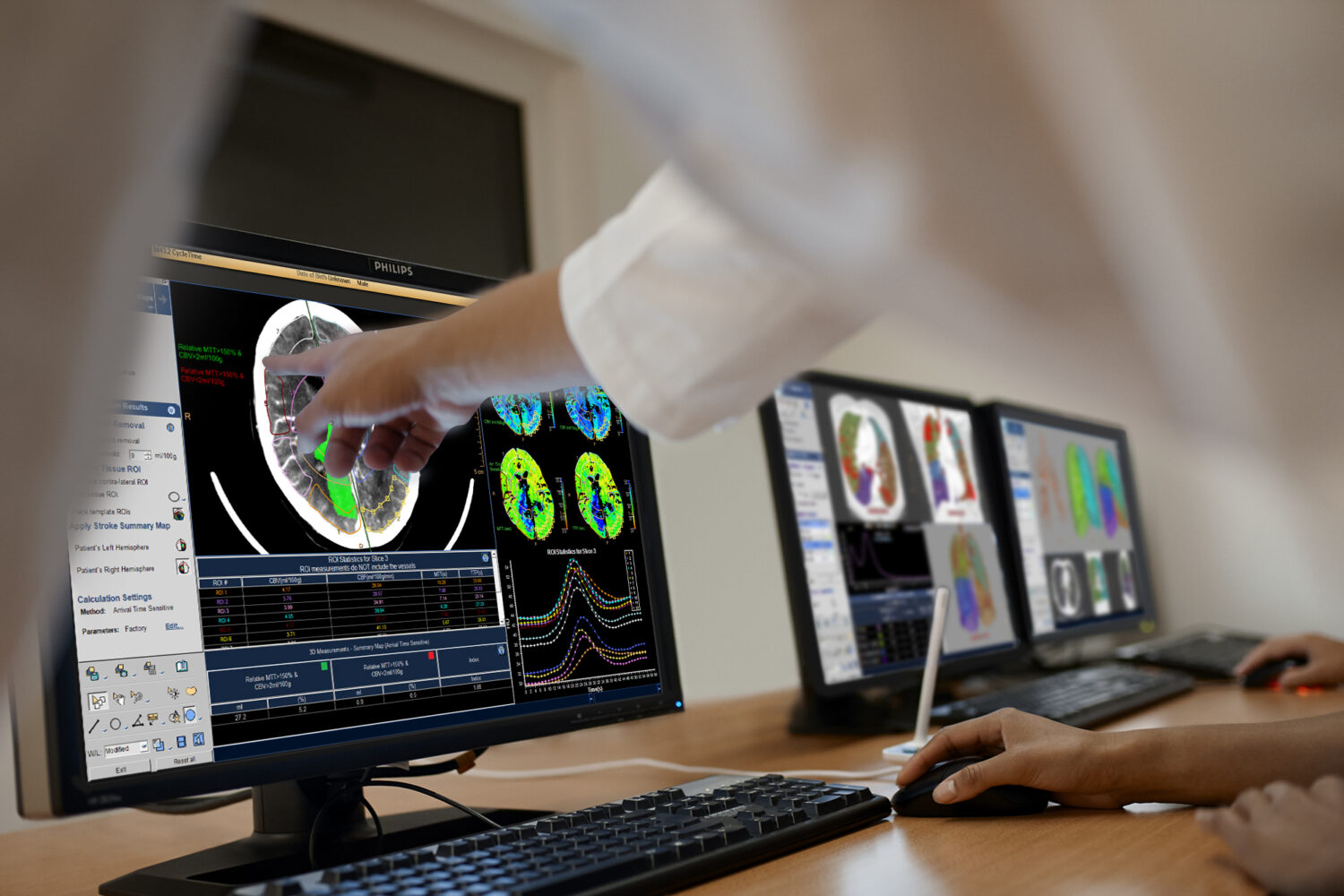Digital Health
RNSA22: Philips Unveils AI-Enhanced Informatics Solutions to Optimize Radiology Workflow
What You Should Know: – Today at RNSA22, Philips unveils its next-generation Advanced Visualization Workspace, including new cardiac MR Suite with new…


What You Should Know:
– Today at RNSA22, Philips unveils its next-generation Advanced Visualization Workspace, including new cardiac MR Suite with new workflow and user interface, new AI powered CT ASPECT Scoring, and enhanced CT Liver Analysis applications.
– New integrated diagnostic approach connects radiology, cardiology, pathology, and oncology to securely unite data and images across the enterprise, enabling earlier and more definitive diagnosis. Optimized algorithms help speed up imaging, enabling interpretation of massive datasets in seconds to drive diagnostic and operational efficiency.
New Advanced Visualization Workspace powered by AI
This latest innovation is vendor-neutral, providing a single, advanced platform for multiple modalities across cardiology, oncology, neurology, and radiology with a comprehensive suite of advanced visualization solutions to support care teams, and tailored to fit the needs of any hospital network, from a single workstation to an enterprise solution.
Philips Advanced Visualization Workspace now includes more than 70 clinical applications for clinical insights, designed to support workflow and diagnostic confidence as well as automated processing for multiple clinical domains across the continuum of care. New applications include the MR cardiac suite, an all-in-one environment for cardiac MR, providing one overview for all imaging data types to support diagnosis and report creation.
The new AI-powered CT ASPECT (Alberta Stroke Program Early CT Score) scoring feature [1] indicates early signs of brain infarction on non-contrast CT scans for the management of ischemic stroke patients. The application automatically identifies ASPECTS regions of the brain via AI and generates an ASPECT score sent directly to the PACS (Picture Archiving and Communication System). New features also include enhanced CT Liver Analysis [1], with tools to analyze and quantify the whole liver, liver segments, and user-defined regions of interest.
Radiology Information System (RIS)
In addition to the latest Advanced Visualization Workspace, at RSNA, Philips will debut the new Radiology Information System (RIS) natively integrated into Philips Image Management Vue PACS. This new administrative and clinical workflow management solution allows the entire radiology department and ancillary users to enter, store, view, manage and transfer patient information with a quick and easy-to-use web solution. The newest release of RIS also expands patient-oriented functionalities, allowing patients to self-schedule their exams from the web, while the patient kiosk application gives patients the opportunity to check in when they arrive at their healthcare facility.

Keep it Short
By KIM BELLARD OK, I admit it: I’m on Facebook. I still use Twitter – whoops, I mean X. I have an Instagram account but don’t think I’ve ever posted….
Asian Fund for Cancer Research announces Degron Therapeutics as the 2023 BRACE Award Venture Competition Winner
The Asian Fund for Cancer Research (AFCR) is pleased to announce that Degron Therapeutics was selected as the winner of the 2023 BRACE Award Venture Competition….
Seattle startup Olamedi building platform to automate health clinic communications
A new Seattle startup led by co-founders with experience in health tech is aiming to automate communication processes for healthcare clinics with its software…













